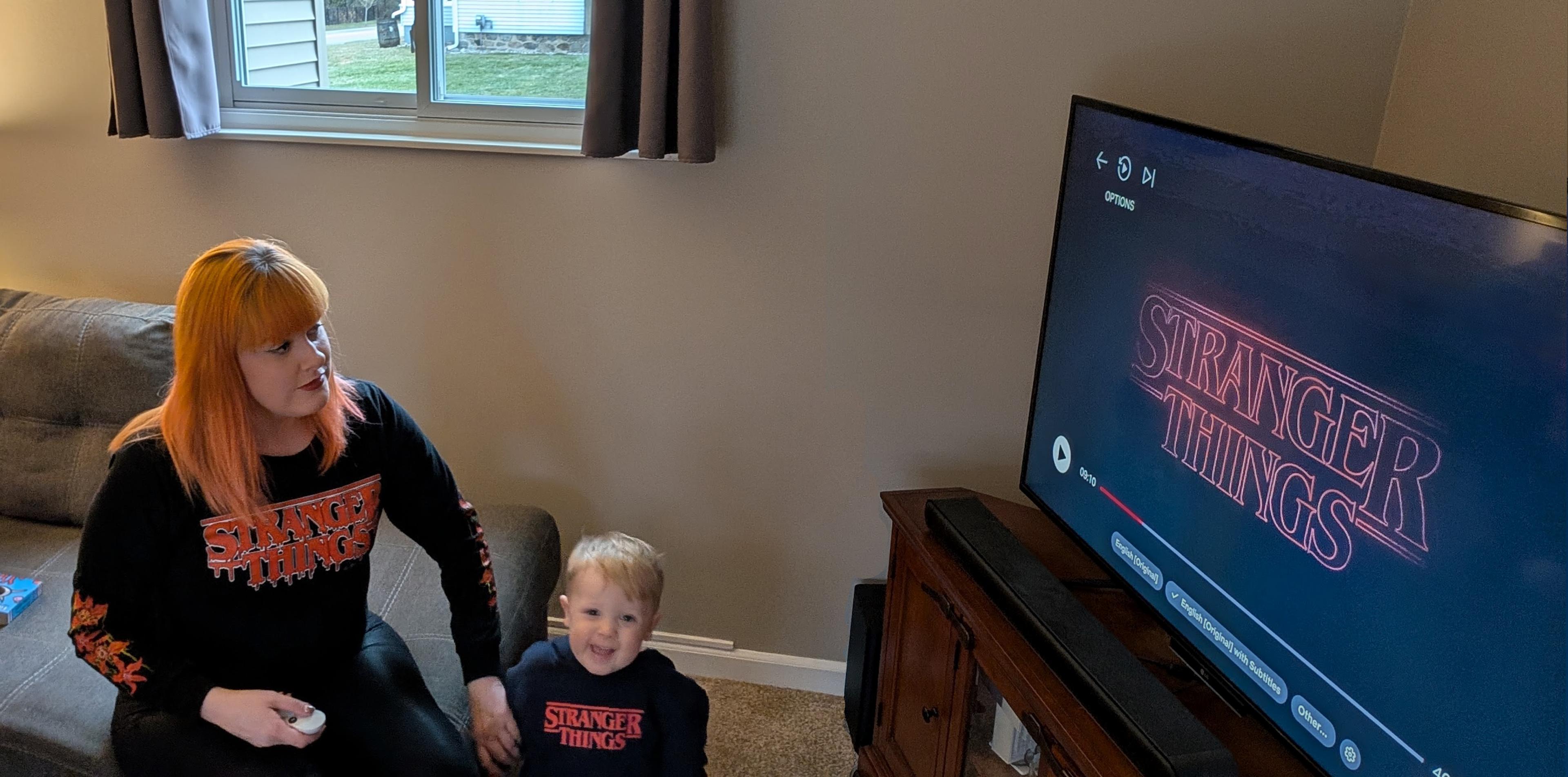Grief in the Digital Age: What to Say and Do
| 2 min read

Whenever something horrible happens to someone you love, it can be hard to know exactly what you should do—especially with so many high-tech options. Do you call? Send a text? Write something on Facebook?
Since Sunday, Aug. 30 is National Grief Awareness Day, it seemed like the perfect time to answer those questions. Use this guide to understand the best ways to react in-person or online, so that you truly comfort and help the person grieving:
- Be mindful of timing: If you aren’t an immediate family member to the person who passed away, hang tight about posting it publicly on social media. Other people, including relatives, still may not know, and you don’t want to tell them inadvertently. Unless the news is yours to share, it’s best to hold until someone else does first.
- Choose your words wisely. Once someone posts about it on social media, they usually appreciate a nice response—something like “Thinking of you!” or “So sorry to hear about your loss.” Those kinds of simple statements are more appropriate than something trite like “He’s in a better place now” or “I know how you feel.”
- Avoid drowning the feed with photos. Many people like to share images of the person who passed way—it can help bring up fond memories for those who knew him or her. But don’t go overboard. Each time you tag the person in a post, it shows up in the newsfeeds of friends and family—limiting it to one or two photos can keep it from being overwhelming for loved ones.
- Don’t forget other forms of communication: Depending on your level of closeness, consider a hand-written note or email as well as a note through social media. Don’t know what to write? Sharing a fond memory about the person who died may bring a smile to your friend’s face.
- Connect offline: Although everyone deals with grief differently, most people would prefer a phone call to a quick comment made online. The gesture of connecting offline shows a bigger time commitment and thereby a greater sense of caring. If you’re uncertain about what to do, ask if you can bring over dinner one night or help with any arrangements.
If you or a loved one knows someone grieving severely, the National Suicide Prevention Lifeline also provides 24/7 free and confidential support for people in suicidal crisis or emotional distress. Call 1-800-273-8255 for their help.
Related:
Photo credit: VioletaStoimenova





